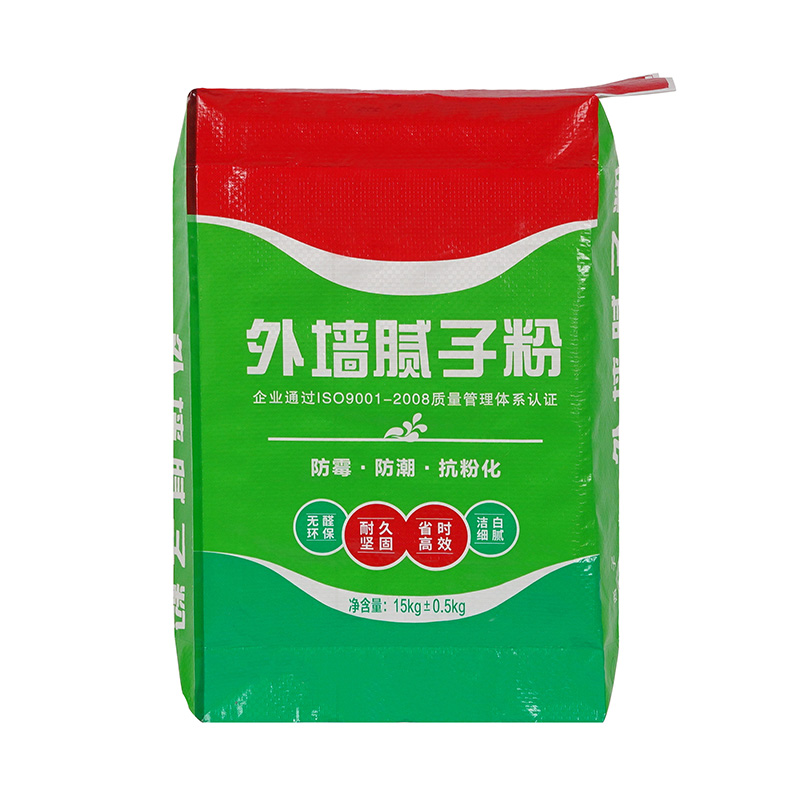Email us now!
wx@zjfxkj.com
Woven bags have become an essential part of various industries due to their durability, flexibility, and reusability. These bags are widely used for packaging agricultural products, industrial materials, and consumer goods. The increasing demand for sustainable and cost-effective packaging solutions has made woven bags a preferred choice in many sectors.

One of the key advantages of woven bags is their strength. Made from polypropylene or similar materials, these bags can handle heavy loads without tearing. This makes them ideal for transporting grains, rice, flour, fertilizers, and other bulk materials. Unlike traditional packaging options, woven bags provide a secure way to store and transport goods, reducing the risk of damage.
In addition to their strength, woven bags offer reliable resistance to environmental factors. Whether exposed to moisture, heat, or dust, these bags help protect their contents effectively. Many woven bags come with laminated coatings to enhance water resistance, ensuring that products remain safe even in challenging conditions. This feature is particularly important for agricultural products, which need protection from humidity and pests.
Another significant benefit of woven bags is their sustainability. Unlike single-use plastic packaging, woven bags can be reused multiple times, reducing waste. Many industries are now focusing on eco-friendly solutions, and woven bags align well with these efforts. Some manufacturers also produce woven bags using recycled materials, further contributing to environmental conservation.
The customization options available for woven bags make them even more practical. Businesses can print their logos, product details, and handling instructions directly on the bags. This branding opportunity helps companies improve visibility while ensuring that customers receive important information. Woven bags are available in different sizes, colors, and styles, making them suitable for a wide range of applications.
The affordability of woven bags is another reason for their popularity. Compared to other heavy-duty packaging materials, woven bags offer a cost-effective solution without compromising on quality. Since they can be reused, businesses can save on packaging costs over time. Additionally, their lightweight nature reduces transportation expenses, making them an economical choice for logistics and distribution.
Woven bags are also used in the construction and chemical industries. These bags can store and transport materials such as cement, sand, and industrial chemicals. Their durability ensures that the contents remain secure during handling and transit. Some woven bags are designed with inner liners to provide extra protection for moisture-sensitive products.
For consumers, woven bags offer convenience. Many grocery stores and markets now provide woven bags as an alternative to plastic bags. These reusable bags are not only strong but also stylish, making them a practical choice for shopping. Since they can be folded and stored easily, they are a great option for everyday use.
The agricultural sector has long relied on woven bags for packaging crops and animal feed. Farmers prefer these bags because they are breathable, preventing spoilage due to trapped moisture. Woven bags also make storage and transportation more efficient, allowing farmers to move large quantities of products with ease.
Another emerging use of woven bags is in flood control. Due to their strength and water resistance, these bags are often used to create barriers against rising water levels. Their ability to hold heavy materials like sand makes them an effective solution for emergency situations.
As industries continue to prioritize sustainability and cost-effectiveness, the demand for woven bags is expected to grow. With their durability, reusability, and versatility, woven bags remain a smart choice for businesses and consumers alike. Whether for packaging, transportation, or environmental protection, woven bags provide a reliable and efficient solution for various needs.